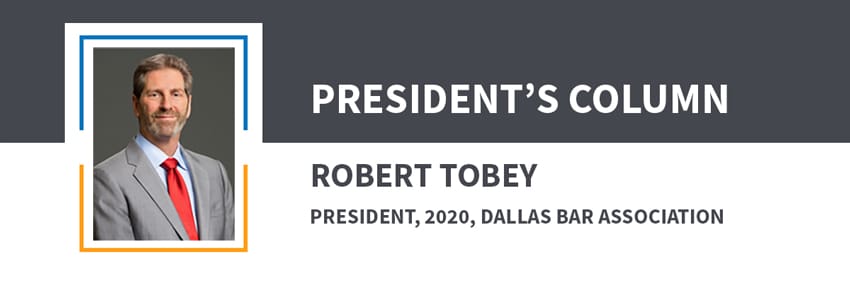 This year, the DBA is celebrating the right to vote with three programs and what we call the “Vote Project.” On February 27 Eric Foner—a Pulitzer Prize-winning historian and professor from Columbia University—will appear at the Belo Mansion to discuss the reconstruction amendments, including the 150th anniversary of the ratification of the 15th Amendment guaranteeing that the right of United States citizens to vote shall not be denied on account of race, color, or previous condition of servitude.
This year, the DBA is celebrating the right to vote with three programs and what we call the “Vote Project.” On February 27 Eric Foner—a Pulitzer Prize-winning historian and professor from Columbia University—will appear at the Belo Mansion to discuss the reconstruction amendments, including the 150th anniversary of the ratification of the 15th Amendment guaranteeing that the right of United States citizens to vote shall not be denied on account of race, color, or previous condition of servitude.
On August 26, Nina Totenberg of NPR will come to the Belo to celebrate the 100th anniversary of the ratification of the 19th Amendment granting women the right to vote. I will discuss the enormous significance of this milestone anniversary in my August column. On May 8, we will celebrate Law Day with a debate between the right and the left on current voting issues.
Rest assured these programs will be non-partisan. Our DBA members span the political spectrum, and we view that political diversity as a tremendous asset. But all of us, as lawyers, understand the importance of the right to vote and how that right separates the United States from many countries that lack a democratic political process or the rule of law.
I will date myself and recount how eager I was to vote for the first time in the 1976 presidential election between Gerald Ford and Jimmy Carter. Beginning in college, I loved having spirited debates about not only national politics but also state and local issues. My children are Millennials and they are very excited to be involved in the political process. Unfortunately, they are the exception rather than the rule for their age group.
In stark contrast to voter participation of older generations, only about one-third of people between the ages of 18 and 29 exercise their right to vote. Stated another way, two-thirds of the people in this age group are forming the habit of not voting. This poor turnout exists even though around 80 percent of people who are eligible to vote are registered. Clearly, a lack of education about the importance of voting is a problem. These statistics do not bode well for our future.
In 2019, as part of the Law in the Schools Committee, we discussed what to do about this problem in 2020. Several people suggested county-wide voter registration drives. We decided those efforts would be too big for the DBA, and we determined instead to focus on educating and registering high school seniors and community college students.
Our research on this idea led us to the League of Women Voters (https://my.lwv.org/texas/get-out-vote-0), which has registered and educated community college students, and March to the Polls (www.marchtothepolls.org), which has educated and registered area high school seniors. Both of these organizations have been involved in these efforts for many years, so we made the easy decision to support their ongoing efforts, rather than try to reinvent the wheel. The DBA and our Sister Bars are soliciting volunteers to go to the high schools for this outreach. Training will be provided by both the League of Women Voters and by March to the Polls, so you do not have to worry about trying to figure out what to say to the students.
If you are interested in joining this effort, please email Melissa Garcia at mgarcia@dallasbar.org. We must get young people involved in the process, if our country is to thrive in the future.
In 2020, the DBA—alongside our sister bar associations—will support voter-protection efforts, helping to ensure that all eligible voters have the opportunity to exercise their right to vote. Details of that effort will be circulated by the DBA and the Sister Bars.
As lawyers, we know and understand the importance of the right to vote. It is our duty as citizens of this great country to make sure that future generations take this right as seriously as we do!
Robert
